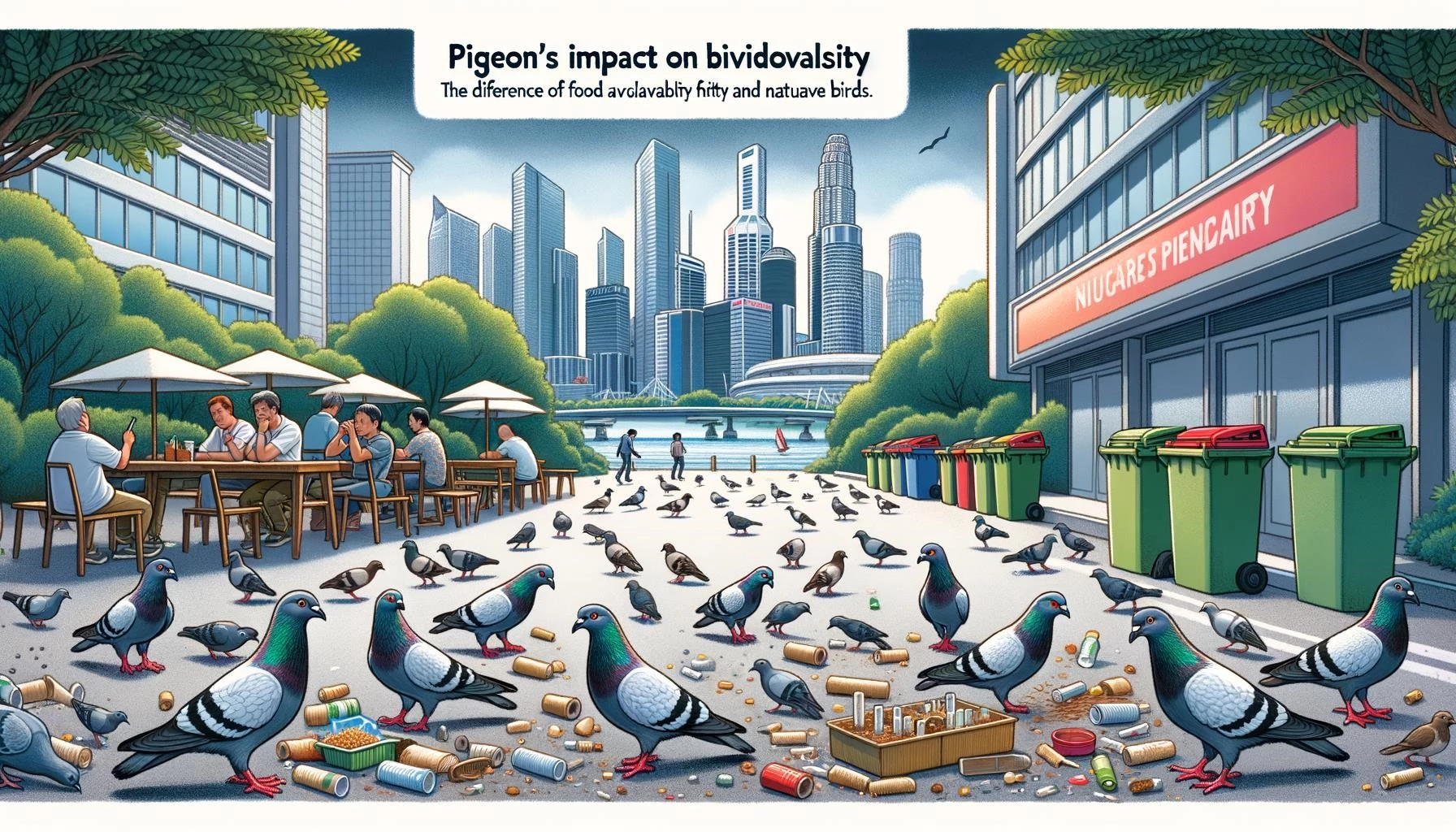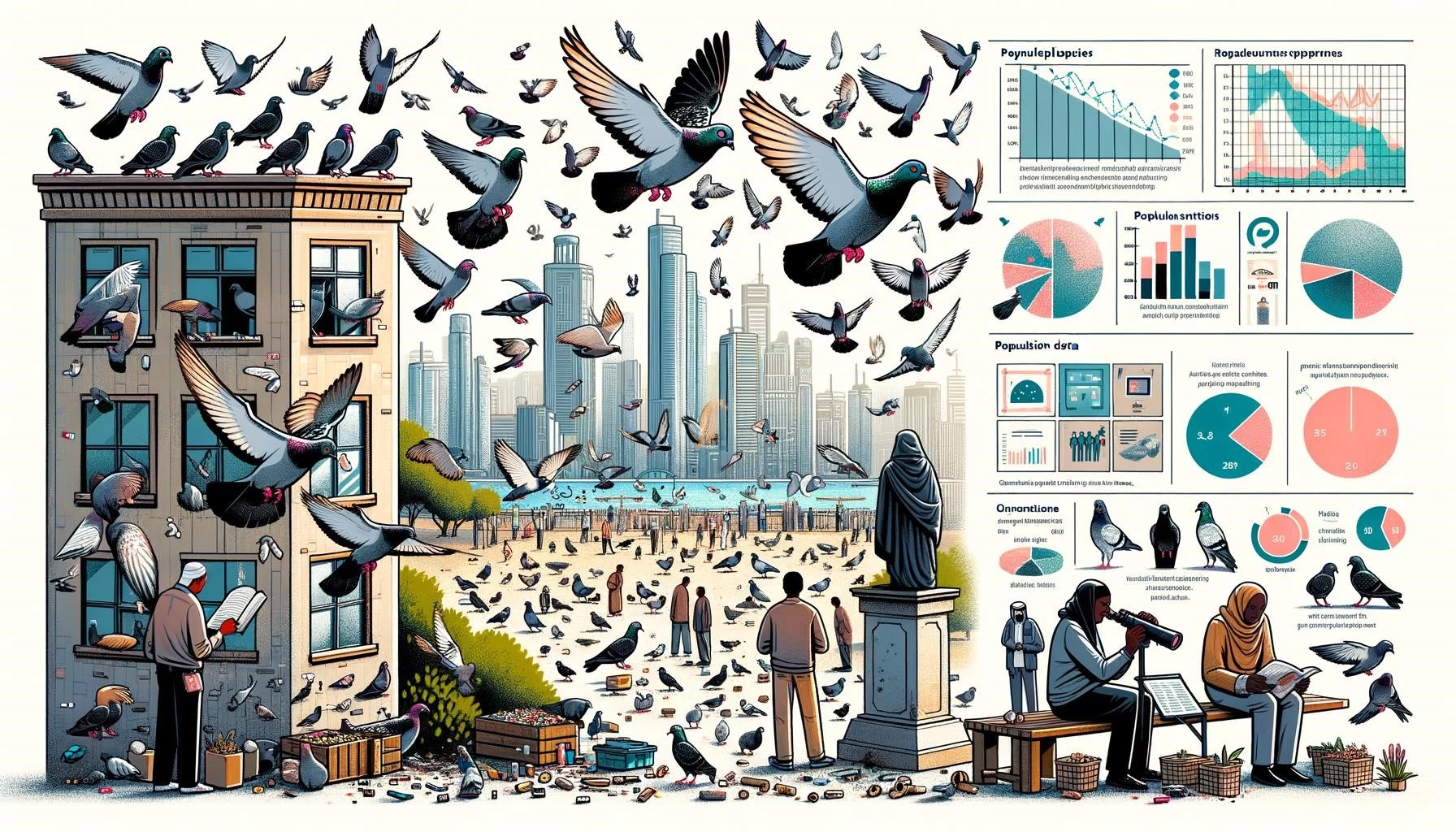Pigeons, also known as rock doves or Columba livia, are a ubiquitous sight in urban areas across the world. While often considered a nuisance by humans due to their droppings and potential health risks, pigeons play a role in biodiversity and have both positive and negative impacts on the environment. In this article, we will explore the different ways pigeons impact biodiversity.
Key Takeaways
- Pigeons have a role in seed dispersal, contributing to the maintenance of plant diversity.
- Feral pigeons can outcompete native bird species, affecting their population and distribution in urban areas.
- Pigeons can spread diseases to other bird species and humans, potentially impacting biodiversity and public health.
- Proper management and understanding of pigeon interactions are crucial for maintaining urban biodiversity.
Seed Dispersal
One positive impact of pigeons on biodiversity is their role in seed dispersal. Pigeons consume various fruits and grains, and their droppings contain undigested seeds. When pigeons fly to different areas and defecate, they help spread these seeds, contributing to the dispersal and germination of plants. This process is essential for forest regeneration and the maintenance of plant diversity.
Competition with Native Birds
On the other hand, feral pigeons can negatively impact biodiversity by competing with native bird species for food and nesting sites. Pigeons are often highly adapted to urban environments and are opportunistic feeders, which allows them to outcompete native birds for resources. This competition can lead to a decrease in the population and distribution of native bird species in urban areas.
Potential Disease Transmission
Pigeons have been known to spread zoonotic diseases, which can have negative effects on both human and wildlife populations. Pigeon droppings can harbor various pathogens, including bacteria, viruses, and fungi, which can contaminate water sources and cause health issues. This can indirectly impact biodiversity by affecting the health of other bird species and contributing to the spread of diseases to humans and other animals.
Overall, pigeons have both positive and negative impacts on biodiversity. They contribute to seed dispersal and play a role in the ecosystem as a food source for predators. However, their presence and behavior in urban environments can also disrupt native bird populations and contribute to disease transmission. Proper management and understanding of the interactions between pigeons and other species are essential for maintaining a healthy balance in urban biodiversity.








